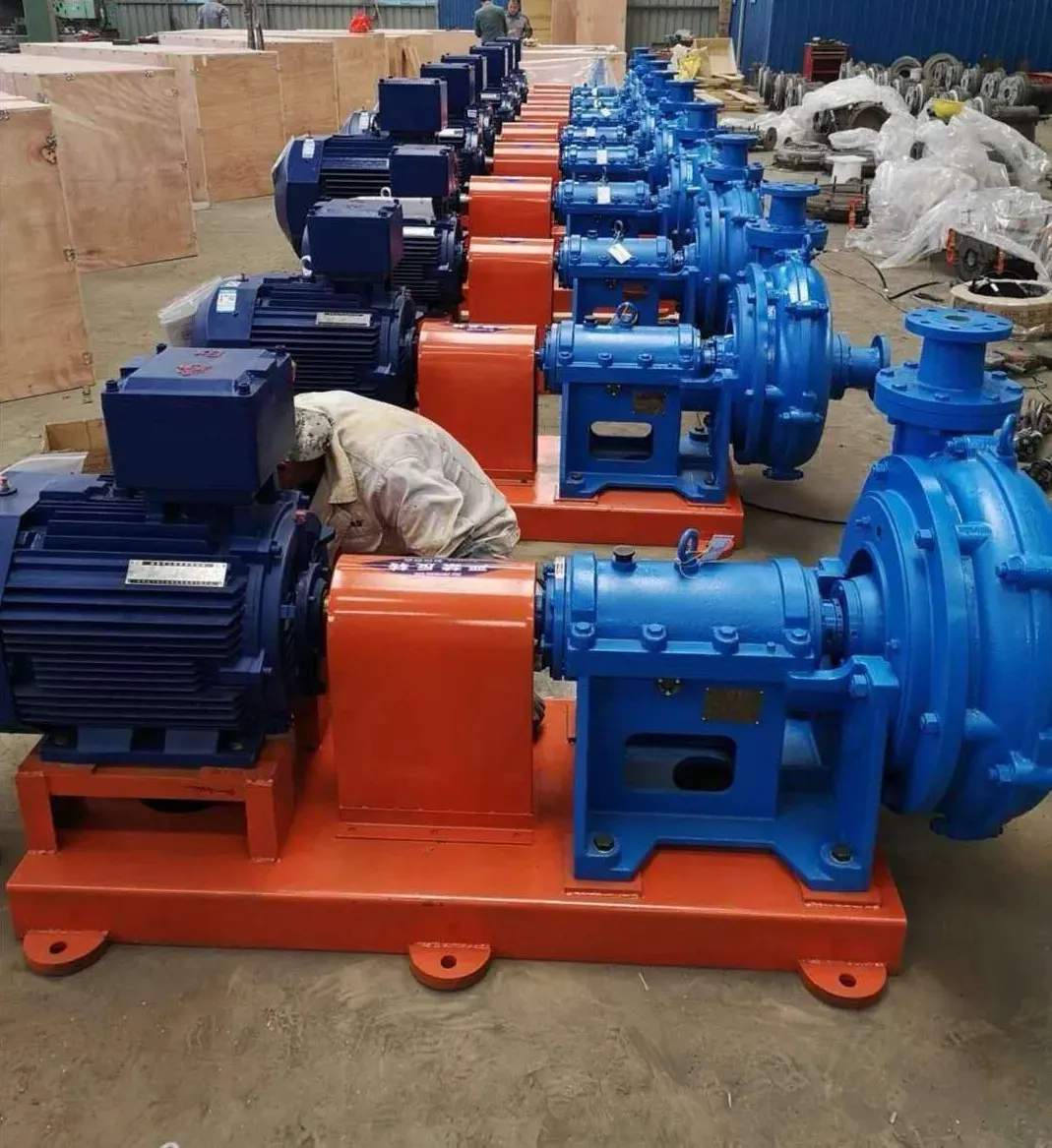Lao
- Afrikaans
- Albanian
- Amharic
- Arabic
- Armenian
- Azerbaijani
- Basque
- Belarusian
- Bengali
- Bosnian
- Bulgarian
- Catalan
- Cebuano
- Corsican
- Croatian
- Czech
- Danish
- Dutch
- English
- Esperanto
- Estonian
- Finnish
- French
- Frisian
- Galician
- Georgian
- German
- Greek
- Gujarati
- Haitian Creole
- hausa
- hawaiian
- Hebrew
- Hindi
- Miao
- Hungarian
- Icelandic
- igbo
- Indonesian
- irish
- Italian
- Japanese
- Javanese
- Kannada
- kazakh
- Khmer
- Rwandese
- Korean
- Kurdish
- Kyrgyz
- Lao
- Latin
- Latvian
- Lithuanian
- Luxembourgish
- Macedonian
- Malgashi
- Malay
- Malayalam
- Maltese
- Maori
- Marathi
- Mongolian
- Myanmar
- Nepali
- Norwegian
- Norwegian
- Occitan
- Pashto
- Persian
- Polish
- Portuguese
- Punjabi
- Romanian
- Russian
- Samoan
- Scottish Gaelic
- Serbian
- Sesotho
- Shona
- Sindhi
- Sinhala
- Slovak
- Slovenian
- Somali
- Spanish
- Sundanese
- Swahili
- Swedish
- Tagalog
- Tajik
- Tamil
- Tatar
- Telugu
- Thai
- Turkish
- Turkmen
- Ukrainian
- Urdu
- Uighur
- Uzbek
- Vietnamese
- Welsh
- Bantu
- Yiddish
- Yoruba
- Zulu
Telephone: +86 13120555503
Email: frank@cypump.com
ພ.ຈ. . 22, 2024 23:28 Back to list
pipeline water pump
The Importance of Pipeline Water Pumps in Modern Infrastructure
Water is one of the most essential resources for human survival and development. From agricultural irrigation to industrial processes and municipal water supply, the demand for efficient water management systems has never been higher. Central to this infrastructure are pipeline water pumps, crucial components that facilitate the transportation of water across vast distances. This article explores the significance of pipeline water pumps, their types, applications, and the innovations shaping their future.
The Role of Pipeline Water Pumps
Pipeline water pumps are engineered devices that move water through pipelines, overcoming challenges such as elevation changes and resistance from the pipe's interior. By ensuring a continuous and controlled flow, these pumps provide the essential service of transporting water where it is needed most. Without pipeline water pumps, many aspects of modern life, including drinking water distribution, agricultural irrigation, and industrial cooling, would be severely compromised.
Types of Pipeline Water Pumps
There are various types of pipeline water pumps, each designed for specific applications and conditions. The most common types include
1. Centrifugal Pumps These pumps use rotational energy to move water. They are ideal for low-viscosity fluids and are typically used in residential and commercial water distribution systems. Their efficiency and simplicity make them a popular choice for many applications.
2. Positive Displacement Pumps Unlike centrifugal pumps, positive displacement pumps move water by trapping a fixed amount and forcing it through the discharge pipe. This type is particularly useful for high-viscosity fluids or when precise flow control is necessary.
3. Submersible Pumps Designed to be submerged in water, submersible pumps are commonly used in applications such as sewage treatment and groundwater extraction. Their ability to operate underwater makes them efficient for pumping from wells and reservoirs.
pipeline water pump

4. Multistage Pumps These pumps consist of multiple impellers to increase pressure and flow rate. They are particularly beneficial in high-rise buildings where water needs to be transported over considerable heights.
Applications of Pipeline Water Pumps
The applications of pipeline water pumps are extensive. In agriculture, they are pivotal in irrigation systems that help optimize water usage and improve crop yields. By ensuring that water reaches fields efficiently, farmers can cultivate crops in arid regions and support food security.
In urban settings, water pumps are critical for municipal water supply systems. They help provide clean drinking water to homes and businesses while simultaneously managing waste through sewage systems. Additionally, pipeline water pumps play a vital role in industrial processes, such as cooling systems in power plants and manufacturing facilities.
Innovations and Future Trends
As technology advances, so do the capabilities of pipeline water pumps. Innovations such as smart pump systems that utilize IoT (Internet of Things) technology are becoming more prevalent. These systems allow for real-time monitoring and data analytics, enhancing operational efficiency and maintenance predictability. Energy-efficient designs are also on the rise, which not only reduce operational costs but also contribute to environmental sustainability.
Furthermore, the growing importance of renewable water sources, such as desalination plants, has led to the development of specialized pumps designed to handle such specific applications. This trend marks a significant shift in how water resources are managed, especially in areas facing water scarcity.
Conclusion
Pipeline water pumps are indispensable to modern infrastructure, underlining the importance of efficient water management in various sectors. As populations grow and environmental challenges intensify, the role of these pumps will continue to expand. Through innovation and technological advancement, pipeline water pumps are set to evolve, ensuring they meet the demands of the future while supporting sustainable practices in water transport and management. Embracing these changes will be crucial for industries, municipalities, and agricultural sectors aiming for reliable access to one of our most vital resources—water.
-
Custom Drilling Mud and Slurry Pump Supplier - High Efficiency, Tailored Solutions
NewsJun.10,2025
-
Supply Vertical Submersible Sewage Pump High-Efficiency WQ/QW Pumps Supplier
NewsJun.10,2025
-
Premium Sewage Ejection System & Pumps Efficient Waste Removal
NewsJun.09,2025
-
Premium Wholesale Slurry Pump Impellers Durable & Efficient Slurry Handling
NewsJun.09,2025
-
Top Sewage Pump Companies Durable Industrial Solutions for Efficiency
NewsJun.09,2025
-
Heavy Duty Slurry Pumps - OEM High Performance & Bulk Wholesale
NewsJun.09,2025










